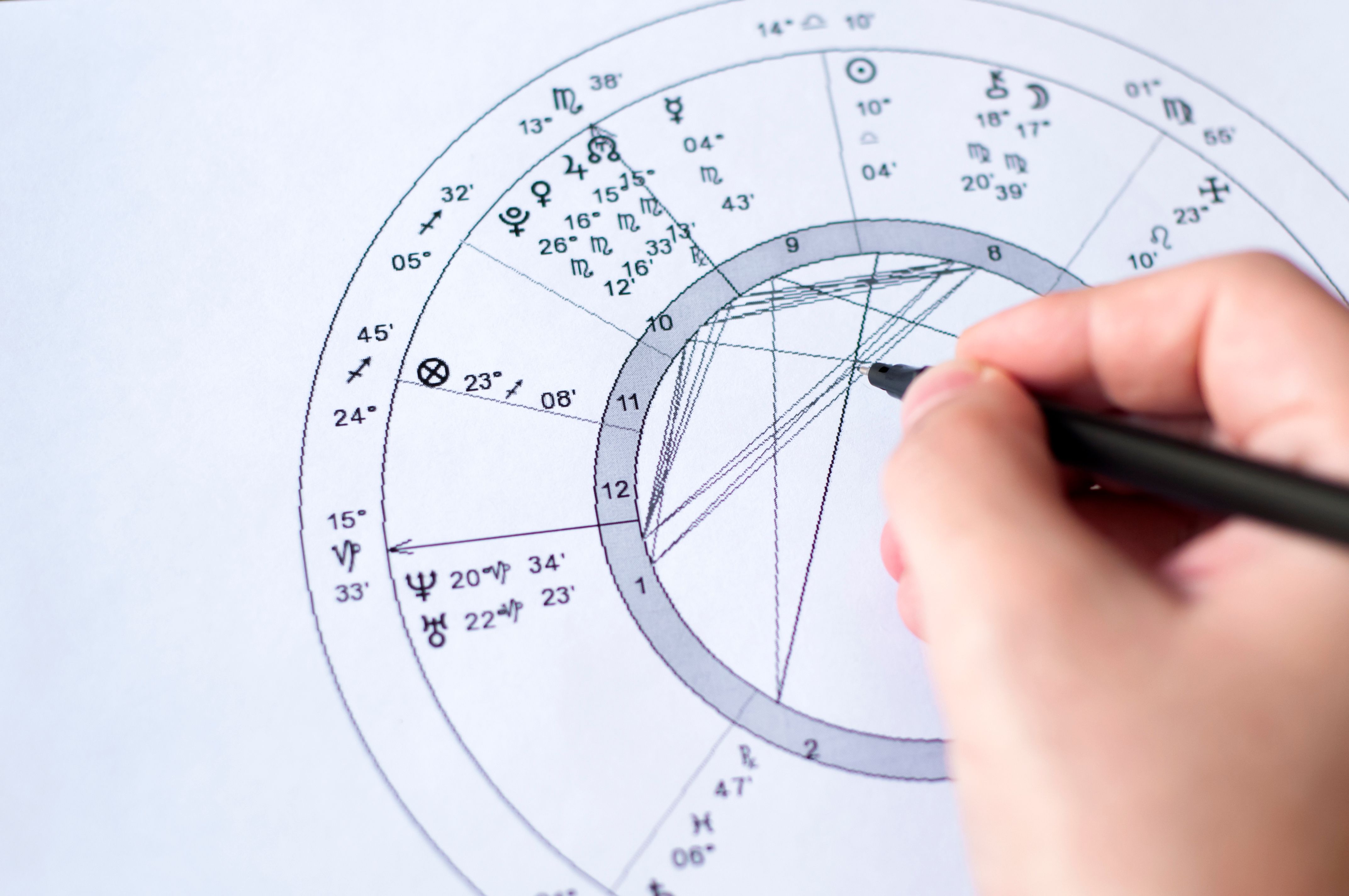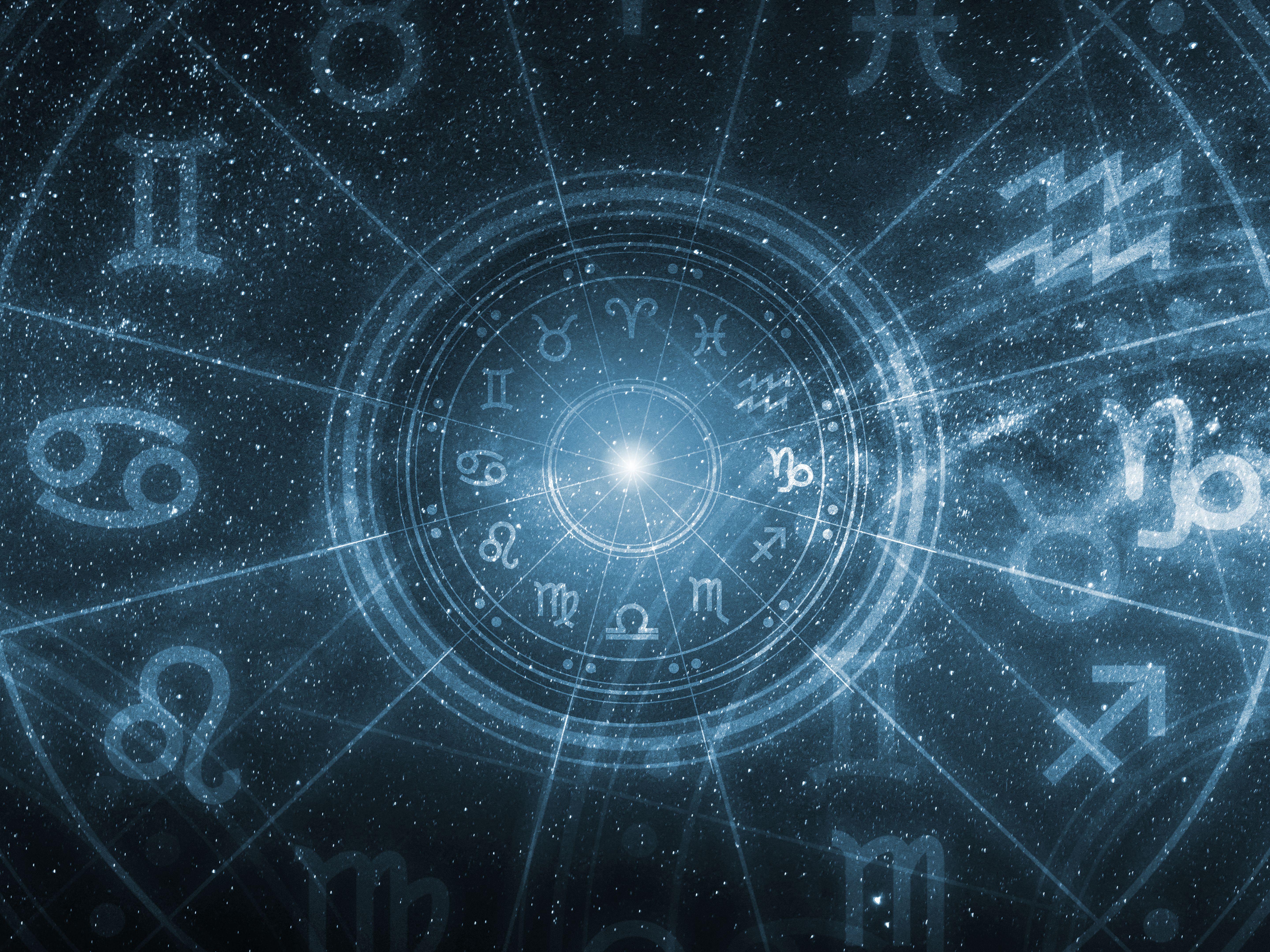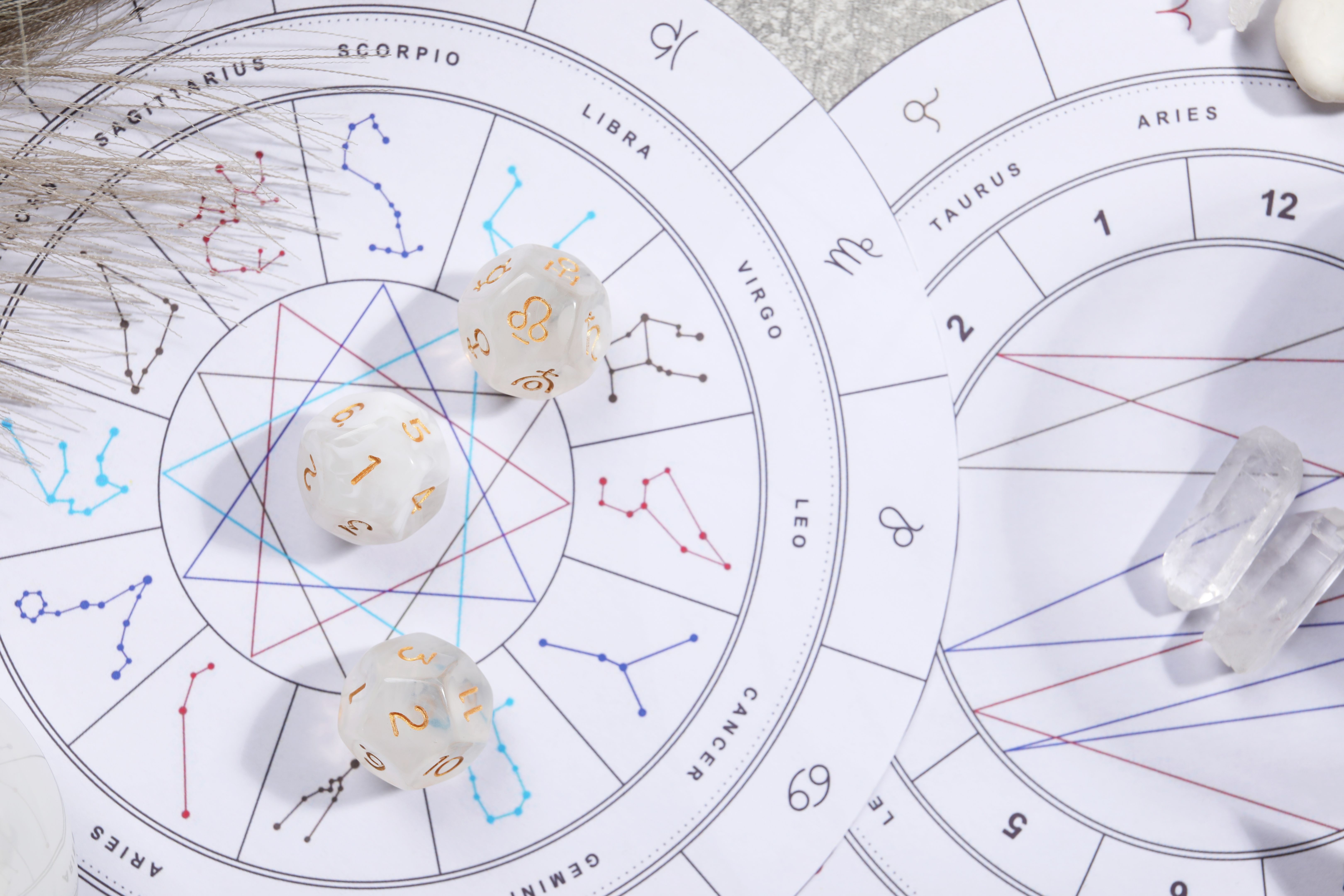Astrology Myths: What New Enthusiasts Need to Know
Understanding Astrology Myths
Astrology has captivated human interest for centuries, often shrouded in mystery and misconceptions. As a new enthusiast, it's essential to differentiate between astrology myths and facts to better understand this ancient practice. In this post, we'll debunk some common myths and provide clarity on what astrology truly encompasses.

Astrology Is Not a Science
A common myth is that astrology is a science, akin to astronomy or meteorology. While astrology does use the positions of celestial bodies, it is not a science by definition. Instead, it is a belief system that interprets these positions to offer insights into human behavior and potential life events. Understanding this distinction helps enthusiasts approach astrology with the right perspective.
Sun Signs Aren't the Whole Picture
Many people believe that astrology is limited to sun signs, which are determined by one's birth date. However, sun signs are just one aspect of a natal chart. A complete chart includes other elements like the moon sign, rising sign, and the position of various planets at the time of birth. Each of these components contributes to the nuances of an individual's astrological profile.

Debunking Astrology's Predictive Powers
A prevalent myth is that astrology can predict the future with pinpoint accuracy. While astrology can suggest potential trends or challenges, it does not provide specific predictions. It’s more about offering guidance and insights into possible outcomes based on celestial influences. This understanding empowers individuals to make informed choices rather than relying solely on astrological predictions.
Astrology Is Not Deterministic
Another misconception is that astrology dictates a person's fate. In reality, astrology proposes potential paths and tendencies but does not bind anyone to a predetermined destiny. Free will plays a significant role, and individuals have the power to influence their lives through decisions and actions.

Astrology's Cultural and Historical Context
It's important to recognize that astrology has cultural and historical contexts that influence its interpretation. Different cultures have developed unique astrological systems, such as Western astrology, Vedic astrology, and Chinese astrology. Each offers distinct insights and methodologies.
The Role of Astrology in Modern Life
Despite being an ancient practice, astrology continues to evolve and find relevance in contemporary society. Many people use astrology as a tool for personal reflection and growth rather than as a strict guide for decision-making. Its popularity in modern times underscores its adaptability and enduring appeal.
By debunking these myths, new astrology enthusiasts can develop a more nuanced understanding of this captivating field. Embracing astrology with an informed perspective allows for a richer exploration of its potential insights into human nature and life’s mysteries.
